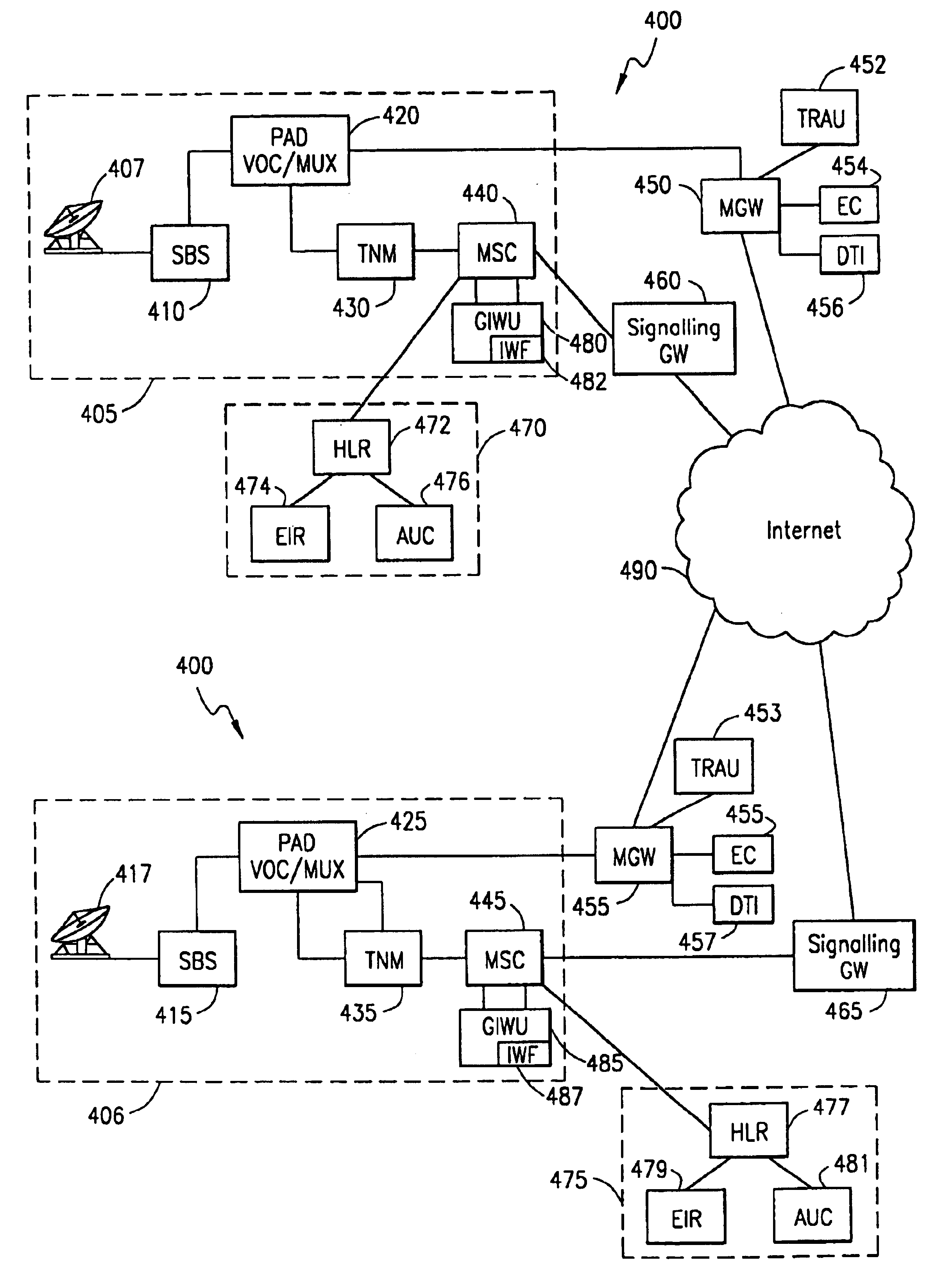On the simple basis of experience, one ought not to hire a graduate student in a humanities/social science/philosophy/etc cultural studies program for technical AND operations work in an internet architecture (or any professional services) firm. But temporary work is the order of the day for academia, and so too for the summers when its laborers are fully, not just effectively, unpaid. So it was at the tail end of a long, frankly brutal summer of odd jobs and the freelance whateverer hustle that a Craigslist ad for office work found an applicant in a tired, frustrated, untrained pseudo-intellectual. The firm hired the applicant to file paperwork and clean up the (four-person) office and get coffee – nothing an intern couldn’t have done, but the summer crop of interns was heading out and the fall crop hadn’t yet arrived, and so hail to the precariat. During the interview, the CEO and co-founder asked about passion, about worldview, about habit, and about (of course) technology. He also asked – and this applicant took it for a trick question – after an entrepreneurial spirit. The answers were forthright but somewhat made up on the spot. But it fit. Continue reading
Tag Archives: thought

Foucault – Position – Epistemic Limits
Whether coursing through archival data or meditating on turns of language, Foucault’s early works — the History of Madness, the Birth of the Clinic, the Order of Things, and the Archaeology of Knowledge — each address ways of knowing how and what we think. Based on the approach in those works, we can refocus their efforts onto a tertiary question. While lacking the familiar modulus of power, this approach can still maintain a close attention to the thought of thought as such. It helps elucidate how we conceive of the conditions to this reflexive thought, and thereby to sketch contemporary epistemic limitations. The motivating impulse here, then, is: What exists outside our conditions of possibility of thought, and how can we know it? Continue reading